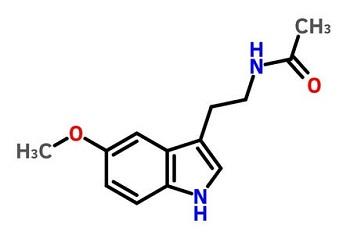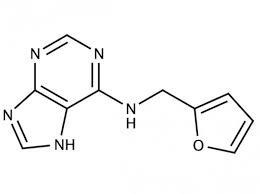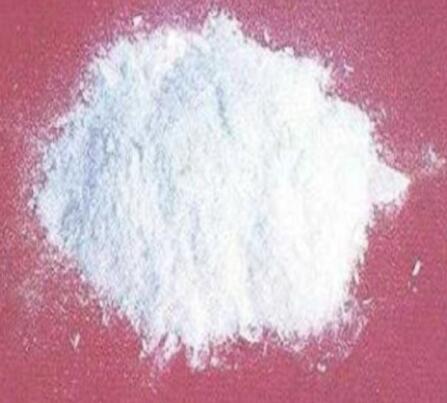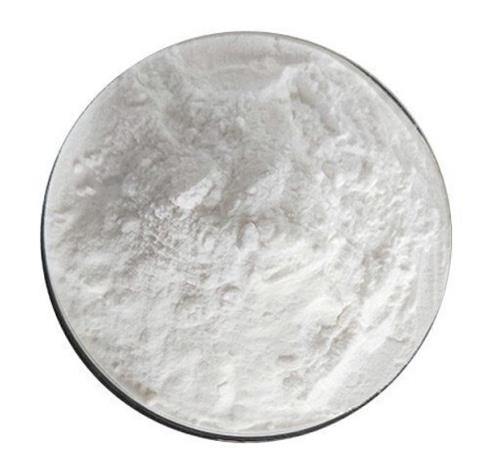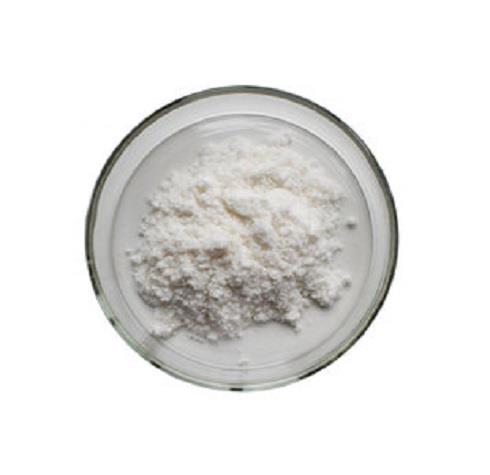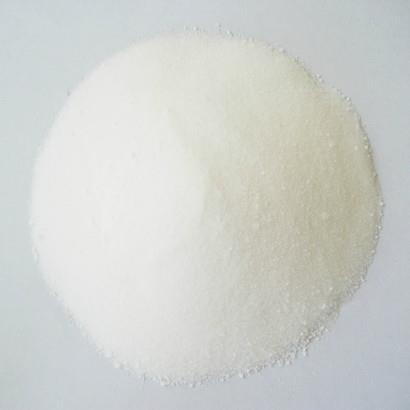Biochemical Engineering is one of the pillar industries of the 21st century and is the interdiscipline of biology, chemistry and engineering, being the general term of biochemical engineering and bio-processing engineering as well as being a branch of biotechnology. It is also one of the frontiers of chemical engineering disciplines and is the means for the conversion of biological technology into productivity, industrialization and commercialization. Biochemical Engineering products are products with animals, plants, microorganisms as raw materials and processing through approaches of biochemical engineering, physics and chemistry. It is widely applied to various kinds of fields including medicine, food, feed, basic organic chemicals, organic acids and bio-pesticides.
Skin Benifits of Growth Factors
Growth factors stimulate keratinocytes to differentiate, proliferate, and migrate to different layers of the skin. Epidermal, fibroblast, and hepatocyte growth factor (HGF) families as well as insulin
Mar 9,2022 Biochemical EngineeringSkin Benifits of Melatonine
Melatonin is a lipophilic peptide hormone normally secreted by the pineal gland that plays a role in hair growth, immunoregulation, and aging, among other functions. Melanin is also synthesized and me
Mar 9,2022 Biochemical EngineeringSkin Properties of Kinetin (6-Furfurylaminopurine)
Kinetin, 6-furfurylaminopurine, was the first isolated cytokinin growth factor. Kinetin has inherent antioxidant properties and is known to delay senescence in plant cells.
Mar 9,2022 Biochemical EngineeringAnti-aging Properties of PAL-KTTKS
KTTKS is a peptide fragment of the carboxy terminal of the propeptide for type I collagen, residues 212– 216. Discovered in 1993, KTTKS was regarded as the minimum sequence necessary to stimulate the
Mar 9,2022 Biochemical EngineeringAnti-aging Properties of Ghk-Cu
GHK-Cu, or copper tripeptide complex, is a carrier signal peptide discovered in the 1970s for its role in copper transport and hepatocyte survival. Since then, it has been noted as a growth factor for
Mar 9,2022 Biochemical EngineeringAntimicrobial action of ε-polylysine
Epsilon-polylysine (ε-polylysine), a fermentative by-product of Streptomyces albulus , is a polyamino acid (not a protein), comprised exclusively of l-lysine residues linked together by amide bonds. ε
Mar 8,2022 Biochemical EngineeringApplications of Lysozyme
Lysozyme, a muraminidase recovered from egg white albumin, milk, and other tissues, is best known for its ability to inhibit fermentative butyric acid bacteria responsible for late blowing during ripe
Mar 7,2022 Biochemical EngineeringUses of Nisin
Nisin was less effective in high-fat sausages and in the presence of orthophosphates. Samelis et al found that dipping sliced pork bologna in nisin (125 μg/ml) plus sodium diacetate (3 μg/ml) was more
Mar 7,2022 Biochemical EngineeringMechanism of GdL
For many manufacturers of undried or semidry sausages, Glucono-delta-Lactone(GdL) is the preferred acidulant. It is applied as a crystalline powder that is freely soluble in water, where it hydrolyzes
Mar 7,2022 Biochemical EngineeringFunctions of N-acetyl glucosamine
N-acetyl glucosamine (NAG) is a newer pigment reduction agent. It is an amino-monosaccharide produced in the body by adding an amino group to glucose.
Mar 4,2022 Biochemical Engineering




